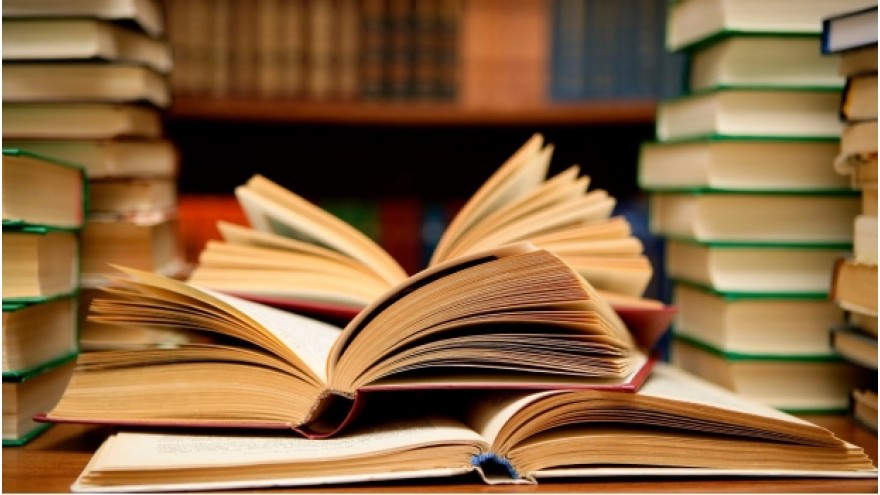Do you want to better understand what you read? Here are some tips
If you are fond of reading or need to read for a purpose, these 5 tips will be very useful.
Reading is a nice activity and can be an interesting hobby, however, experts agree that the key is not read much, but understand more.
If your goal is to better understand its content, here we offer five tips that will facilitate your reading:
The first is to start with the author, how? You can start with a biography because this will facilitate the understanding of his work, in this case you can also go to an interview with the author for their ideas and beliefs.
Second, read the title, subtitle, flaps and table of contents trying to answer questions: what is the argument of the book ?, what ?, the author proposes all this in order to describe the main idea to someone who is not familiar with this.
Third, read the introduction and conclusion, as both sides expressed succinctly the aim of the book and the thesis that he always came quickly but verbatim.
The prologue and epilogue are maps preparation of a book, in the first case how I was raised? and second how was it resolved?
Fourth, to carry out a reading or outline by chapters, especially the title and the first few paragraphs of the page in order to know how the author locates the chapter in his argument.
Later should outline headings and subheadings to discover the flow of information, even if these are not defined in the text, you can build them based on the information provided by the author.
You can also apply a reading of the first and last sentence of each paragraph you understand what you read? You can continue, otherwise you'll have to read the whole thing.
At the end, you will return to read the table of contents to perform a mental summary and complete the information extracted from the book's your knowledge of the author.
The author of this article published in Harvard Business Review also recommended to write notes in the margin to remember most relevant paragraphs or ideas.
"Your brain is alert all the time and are willing to see the book more holistically, not just what you're taking, you're solving," says Peter Bregman.
With this technique, the author of the article ensures you read a book in only 1 or 2 hours instead of 6-8 that you must use, plus it can hold much more information.





Comments